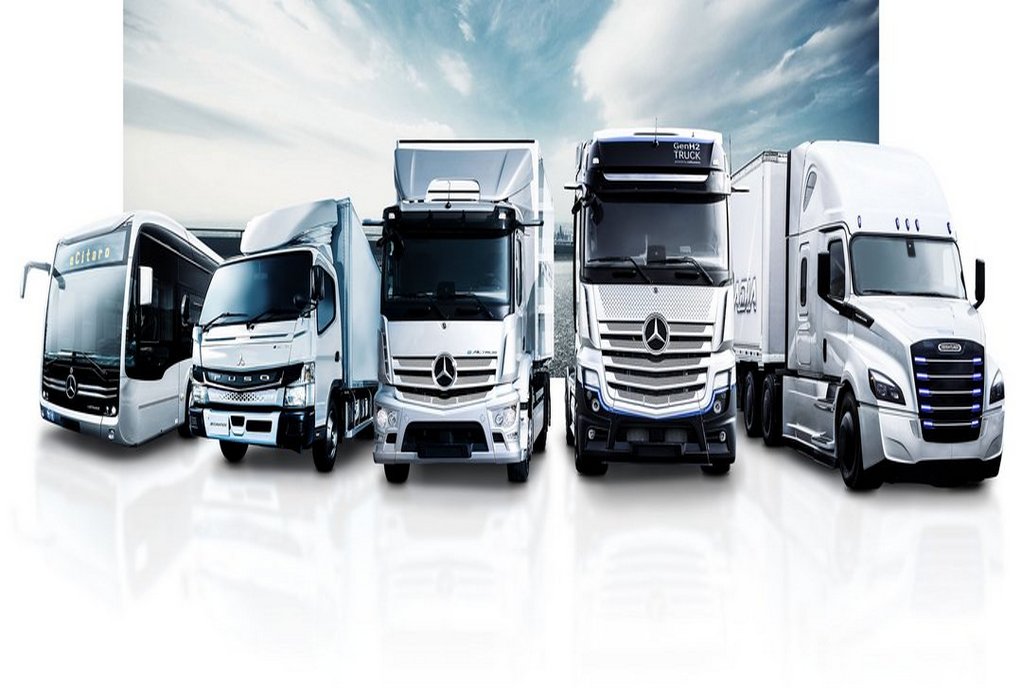cellcentric is working towards supplying fuel cells on a large scale by the end of the decade, when fuel cell powered long-haul heavy-duty trucks are predicted to become a key technology for sustainable transportation.
cellcentric’s goal is to develop, produce and distribute fuel cell systems on a large scale in the German state of Baden-Wuerttemberg that achieve the best possible total cost of ownership (TCO) in the highly competitive transportation industry. In addition, cellcentric intends to cover the entire fuell cell ecosystem – from the product itself to maintenance and recycling at the end of its life cycle.
Fuel cell technology is a well-proven solution for CO2-neutral long-distance heavy-duty transportation.
On June 20th, Lars Johansson and the cellcentric management team welcomed numerous guests from politics, business, associations, science and research to the opening ceremony, including Baden-Wuerttemberg state ministers Dr. Nicole Hoffmeister-Kraut (Economics, Labor and Housing) and Thekla Walker (Environment, Climate and Energy) as well as Heinz Eininger, the district administrator of Esslingen, and the mayors of Esslingen, Matthias Klopfer, and Weilheim, Johannes Zuefle.
cellcentric’s modern production facility in Esslingen-Pliensauvorstadt is the ideal location to produce fuel cell systems. More than 100 employees have over 10,300 square meters of production, logistics and office/administration space at their disposal. The property in the immediate vicinity of the federal highway 10 is part of the Esslingen industrial park greenfield.
In a next step, cellcentric will establish the necessary production processes at the site to prepare for the start of a large-scale production of fuel cell systems with a high degree of vertical integration. With complete production at one location and a high level of automation, the company secures stable long-term economic development.
In addition to the development and production of fuel cell systems for heavy-duty transportation, cellcentric will create a complete ecosystem around the highly complex assemblies. This will provide customers with products of unique quality while enabling seamless integration of the drive solutions into the vehicle management system. Moreover, a comprehensive service package including all maintenance and repair services will ensure that maintenance-related downtimes and unforeseen failures or breakdowns are reduced to a minimum for users—an important criterion in the transport industry for the best possible utilization of vehicle capacity.
Ultimately, cellcentric is planning an environmentally friendly return of the fuel cell systems at the end of their life cycle, in line with the company’s commitment to the highest possible level of sustainability in all corporate processes. Based on the concept of the circular economy, cellcentric’s cyclical approach aims to use resources, materials and products as considerately and sparingly as possible in four steps:
These include the Reuse of decommissioned fuel cell systems for other applications with a lower requirement profile, Refurbishment, a reconditioning and recycling of fuel cell systems for a longer useful service life, Remanufacturing – the total overhaul to refurbish and make the systems as good as new again -, and the recovery of raw materials and reuse in new fuel cell production through Recycling.
In May 2024, cellcentric presented its smaller, more powerful and efficient NextGen fuel cell system for sustainable hydrogen-powered long-haul trucks for the first time at the ACT Expo in Las Vegas, USA. In addition, with the BZA150 fuel cell generation, the company has a close to series production and already practical pilot product that has been successfully tested by the truck manufacturers Daimler Truck and Volvo Group in demanding field tests. Series production of the NextGen fuel cell system is scheduled to begin at the end of the decade.
Tags: Daimler Truck, Fuel Cell, Transportation



Recent Posts
Port of Brisbane Unveils Vision 2060 to Drive Smarter, Cleaner, and More Connected Future
Wärtsilä to Deliver Hybrid Propulsion Systems for Vertom Group’s New Low-Emission Vessels
Latvian port receives electric Konecranes Gottwald Mobile Harbor Crane
Sustainable Ocean Economy Vital for Human Development, Says UNDP at UN Ocean Conference
Green Hydrogen Costs in India Could Drop by 40%, Says IEEFA-JMK Report
Cavotec Secures €1.55 Million Shore Power Contract for Port of Antwerp-Bruges
APM Terminals and SANY Marine sign landmark agreement to accelerate decarbonisation
The Port of Gothenburg takes big step towards shore power connection for container and car/RoRo vessels